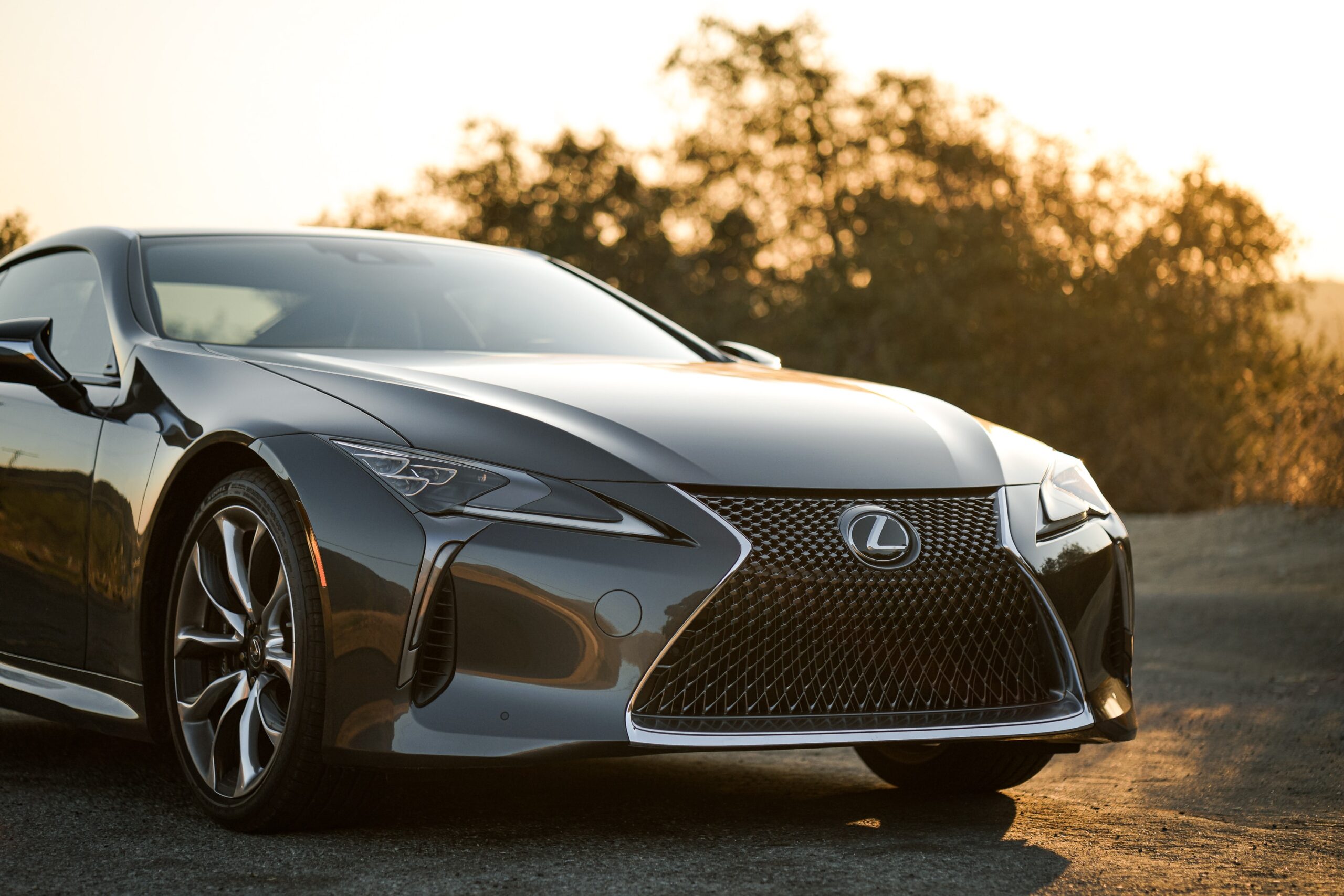The process of purchasing a new vehicle can be intimidating, even for the most seasoned car buyers.
There are many factors to consider when buying a new vehicle, and it is essential that you make an informed decision before committing to any one option.
The following article will provide readers with six considerations they should think about before making their purchase.
1. Consider Your Budget
The first thing you should do when deciding to purchase a new vehicle is assess your budget. This will help determine the type of vehicle you can afford and how much money you need to put down in order to drive off with it that day. You also want to factor in current market conditions, such as changes in gas prices or interest rates on loans and car payments. In addition, you should think about any other costs associated with buying a new car. Insurance, taxes, and registration fees are often overlooked expenses that can add up very quickly.
Here are some critical questions to ask yourself before choosing your budget:
- What is your budget?
- What types of vehicles do you find in this price range?
- How much money will it cost to insure the car after purchasing?
These factors will give you a clear indication of whether you’ll be able to afford your vehicle initially and in the long run.
2. Choose Between New and Used
Choosing between buying a new or used vehicle is another important consideration when making your purchase. New cars are typically more expensive than used, but they tend to have lower insurance rates and better warranties. On the other hand, there may be repair costs associated with newer models that you will not encounter if you buy an older car. It’s up to you which option is right for you; however, it is wise to research both types of vehicles before choosing one over the other.
Pros/Cons of Buying A Used Vehicle?
It’s imperative to understand how these two types of vehicles compare before you make a decision. In addition, these factors should be considered: the cost, warranties, and insurance policies for each class, and any additional costs that come with purchasing either one. The ability to choose between top-rated new and used vehicles make the decision much easier, which is why Hoffman Ford is such a popular choice when it comes to consumers.
Pros/Cons Of Buying A Used Vehicle?
The cost of a new or used vehicle is a significant factor to consider before making your purchase. New cars tend to be more expensive than their older counterparts, but they often come with warranties and lower insurance rates, making them attractive options for consumers. On the other hand, additional repair costs may be associated with older models that you will not encounter if you buy a newer car and unspecified damages such as rusting and dents on previously owned vehicles, which can increase the price of repairs in general.
3. Thoroughly Research Your Options
Before making a final decision on which vehicle you want to purchase, it is essential that you thoroughly research your options. You should look at the different makes and models of cars available to find one that suits your needs best. If possible, take some time off from work so that you can test-drive each model before choosing one over another. This will give you an idea of how these cars handle when driving them around town and what fuel efficiency they get with their engines; both are very important factors when considering purchasing a new vehicle.

4. Secure Financing
Before making your final decision on which vehicle you want to buy, you must already secure financing. This will allow you to prioritize specific makes and models over others and protect yourself if something goes wrong during the purchase process. If possible, request pre-approval before shopping around or look into buying a used car if this is an option for you; cars are often sold “as-is” when they are previously owned, so there may be no warranty available with these purchases even though new vehicles come standard with one.
5. Consider Maintenance Costs
In addition to buying a vehicle that fits your needs, it’s also essential to consider the costs associated with maintaining and repairing them. For instance, if you purchase an older car, there may be issues such as rusting underneath, which will cost more money in repairs over time, while newer vehicles tend not to have this problem. The age of the engine is another factor; if your model has been on sale for several years, its parts could potentially break down, causing expensive damages and problems throughout the life of the car.
6. Think About Insurance Costs
Like with any other type of purchase that you make, it’s important to consider your insurance costs before making a final decision. Newer cars tend to have more comprehensive policies which will help protect them from damages, while older models may not come standard with these benefits; this is something that you should look into before deciding on purchasing one over the other.
In addition, if your vehicle does get damaged during an accident or some unforeseen event, repairs can become very expensive and impact your credit in general, so be sure to consider this factor when choosing among what car fits best for you and how much it might cost after repairs are required down the line.
7. The Condition of The Vehicle’s Engine.
Newer cars tend to have more comprehensive policies which will help protect them from damages, while older models may not come standard with these benefits; this is something that you should look into before deciding on purchasing one over the other. In addition, if your vehicle does get damaged during an accident or some kind of unforeseen event, repairs can become very expensive and impact your credit in general, so be sure to consider this factor when making a choice about what car fits best for you and how much it might cost after repairs are required down the line.
In conclusion, purchasing a new or used car is not always the same as buying other types of items, so it’s important to have your bases covered with all of this information before making a final decision.








